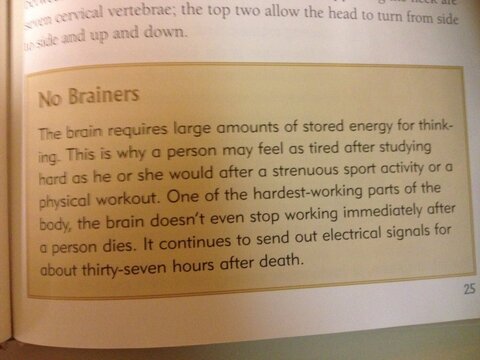But the more we attempt to reduce all experience to an illusion, the closer we come to the currently dominant 'meme' that we live in a virtual reality rather than an actual reality. That line of thought accords well, of course, with the abstractness of most information theory employed as a computational path to understanding consciousness, which is why I think it appeals to you. If all reality is virtual, there is no actual reality to be explored, either locally or nonlocally.
I'm thinking reality does have some mirrors after all. If we are part of the reality we are trying to see, then we are certainly seeing ourselves reflected in that reality. Subjectivity allows for the UFO to be many things to many people, as Bigfoot has his own permutations, as countless as the humanoids listed on Rosales' site. Reality is virtually inside our head, and we make metaphor as we receive it.
If I live in trauma, or am looking for answers to my trauma, or if fear is dominating the mind as the mind attempts to perceive reality, then it stands a strong chance of becoming metaphorically nightmarish. To resolve the tensions that anti-structure brings to our lives we need to externalse our grief, anger, fear and trauma and give birth to monsters all the time. We all have them in us already so it's not too hard to fid them.
Now I know we all lead different lives and some people prefer to be nomadic, or live as a trogdolyte, but for the most part we are tribal, feel safe in the collective, and meet all our remaining desires through
communitas. Joining with the other in conversation or at the hips creates empowerment and belonging. Reality, at its best, is a co-creative process and so there is something of a collective consciousness at work. We do affect each other during our cycles and experiences of time.
If I told you I grew up in a very calm middle class Northern Ontario neighborhood where in a ten minute walking radius from my house there was: one man that killed himself and brutally killed his family, another who tried, one suicide & multiple attempts, numerous bouts of sleepwalking, many divorces, drug dealing, the Myth of the Dopeman - a caped man wearing a knife who sang on top of the local school roofs, some bizarre sexual assaults and heaps of domestic violence, car accidents, a neighbour professing sweet love to the single nurse he lived beside at 1 am dressed in costume while his wife slept next door and a number of very memorable extreme storms then it should be no wonder that I saw a UFO with someone who was also experiencing her own anti-structural childhood.
We fill in the gaps of discontinuous reality and make metaphor merrily as we have no other way to sort through it all. It's all a hall of mirrors, a hallucinogen's hologram, a horror house sideshow where anything is possible. In fact anything you can imagine has already happened. You may even have had a hand in it just by thinking about it.




